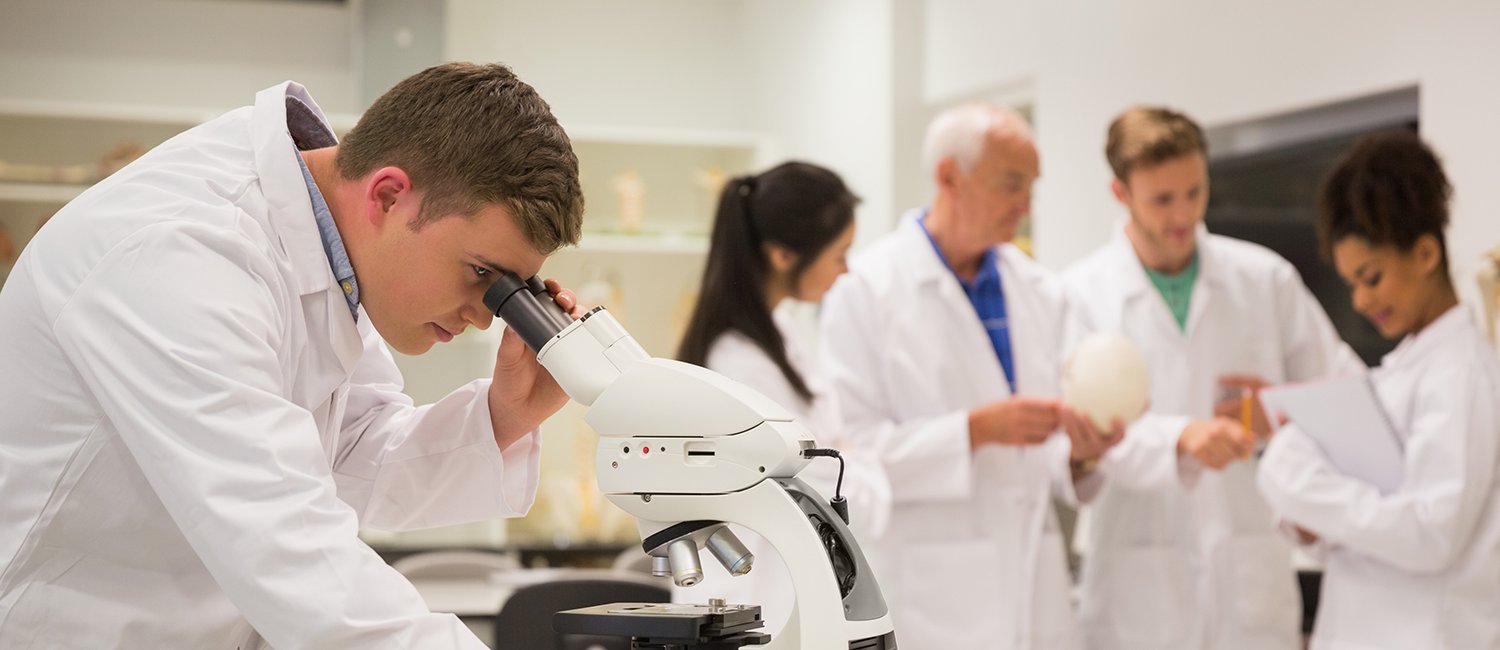
Curricula
- Curricula vary among medical schools, but the formal didactic coursework is often similar among MD-PhD Programs. Students must pass Step I and II of the United States Medical Learning Examination (USMLE). Graduate curricula and research opportunities differ among institutions thus the graduate training obtained during graduate school may vary greatly among MD-PhD Programs.
- In most MD-PhD Programs, the medical and graduate curricula are integrated to show the relationships and connections of science and medicine. Information about research opportunities, curricula, and trainee activities may be found on program websites or by contacting the individual programs.
- Research interests may change over the course of training as new medical and research topics are encountered during clinical experiences and didactic course work.
In addition to integration of curricula components, most programs engage students in MD-PhD specific activities to enrich their training experience. These activities often include:
- Courses and workshops designed specifically for the MD-PhD trainee.
- Research in progress sessions where trainees present their research.
- Seminars devoted to research and career development.
- MD-PhD orientated student retreats and conferences.
Timeline for MD-PhD training is often divided into three stages, termed 2-4-2 based upon the typical number of years required to complete each stage. This general outline may vary with each MD-PhD Programs:
- Two years of medical school when basic science concepts are mastered. Complete STEP 1 examination.
- Graduate coursework and comprehensive exam, directed at developing students into independent investigators are mastered. Conduct dissertation research and dissertation defense. Complete requirement for the PhD Degree.
- Clinical training to prepare student for residency. Complete STEP II examination and requirements for the MD degree.
Most MD-PhD students complete the requirements for the dual degrees within 7 to 8 years. Length of time to degree will vary depending on, clinical requirements, PhD requirements, progress of the research, and the time needed to develop into an independent investigator (the primary goal of PhD training). While MD-PhD training is a long time commitment, applicants should consider that they are completing academic requirements for two degrees to become a physician-scientist. Since the average time to complete a biomedical PhD in the U.S. is about six years, by integrating the didactic components of training, dual-degree training may require less time to complete than if each degree were pursued independently. Skills obtained during PhD training are invaluable and will prepare students for careers as leaders in academic medicine.